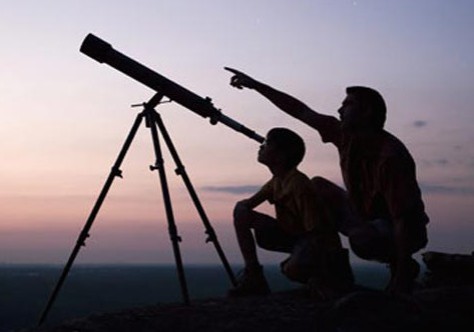Recently, I picked up the audio book version of “The Privileged Planet”, which is a book by philosopher / economist Jay Richards and astronomer Guillermo Gonzalez. This book is different from books about the origin of the universe and cosmic fine-tuning. It talks about what it takes to make a habitable planet. And it talks about how the habitable places in the universe are also the best places to make scientific discoveries.
Christian scholar Jay Richards was interviewed by Brian Auten of Apologetics 315.
Topics:
- What is intelligent design (ID)?
- Is ID specifically Christian?
- How does ID helpful to Christian apologetics?
- What does ID prove?
- Is it OK to use an argument that doesn’t prove Christianity specifically?
- What is the difference between deism and theism?
- Do ID arguments get you to deism or theism?
- What is materialism, and how can you challenge it?
- How do opponents of ID define ID?
- What factors do you need to make a habitable planet?
- Are habitable planets common or rare in the universe?
- What is “The Privileged Planet” hypothesis?
- Is there an overlap between habitability and suitability for making scientific discoveries?
- What is the “Copernican Principle”?
- Has the progress of science made Earth seem common and ordinary?
- What is the most Earth-like planet that we’ve ever discovered?
- How should ID proponents respond to the objection that creatures aren’t perfect?
- Does having a big moon make a planet more or less habitable?
- Does a planet’s distance to the Sun make that planet more or less habitable?
- How do these two habitability factors affect the observability of solar eclipses?
- What does co-relation between habitability and “discoverability” tell us about God?
- How important is training in philosophy to Christian apologetics?
- What one thing should a Christian apologist work on to be more effective?
If you’d like to learn more about his book “The Privileged Planet”, you can find out more here. I recently bought the audio book version of the book.


